Posted on 7/16/2021
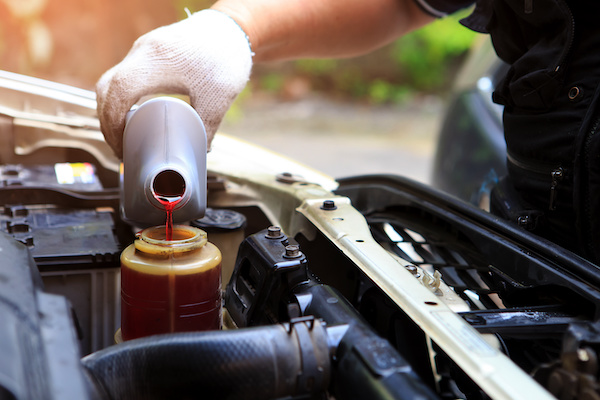
Your car houses several fluids to keep internal components lubricated and enable systems to work correctly. The six essential fluids of every vehicle are engine oil, transmission fluid, brake fluid, power steering fluid, radiator coolant, and windshield wiper fluid. If these fluids run out or the fluid itself is not in good shape, your vehicle could exhibit significant problems. Fluid Maintenance It is highly recommended that you check your fluids regularly. The most common fluid maintenance service is an oil change. Other fluids usually don't need to be refilled or replaced as often. You may hear a couple of different terms regarding fluid maintenance: fluid change and fluid flush. Sometimes, the average person uses these terms interchangeably, but there is a major difference between the two automotive services. Fluid Change vs. Fluid Flush A fluid change is a simple process. It involves draining the fluid currently in the pan or reservoir and replacing it wit ... read more
Posted on 6/30/2021
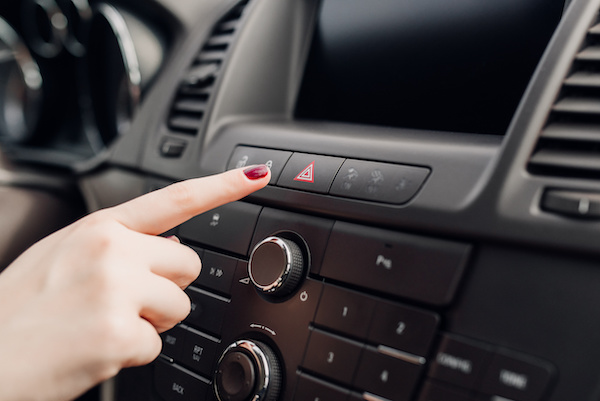
Your hazard lights, or blinkers, should be one of the most minor used features of your car because it is designed only to be used in case of emergencies. Though your lights are a good form of communication to others on the road, there are right and wrong times to use them. Some laws state when you should use them too, and they vary from state to state. We will go over the instances of when you should and shouldn't use your blinkers. When to Use Your Hazard Lights Getting pulled over. If you see the red and blue flashing lights creeping up on you, turn on your hazard lights to show the police officer that you acknowledge their request. Then, slow down, turn on your hazard lights, and remain seated. Your car breaks down, and you're waiting for a tow. Whenever your car breaks down, always remember to use your hazard lights to signal to other vehicles that you need to get to the road shoulder. This warning to other drivers will allow them to get safely ar ... read more
Posted on 5/26/2021
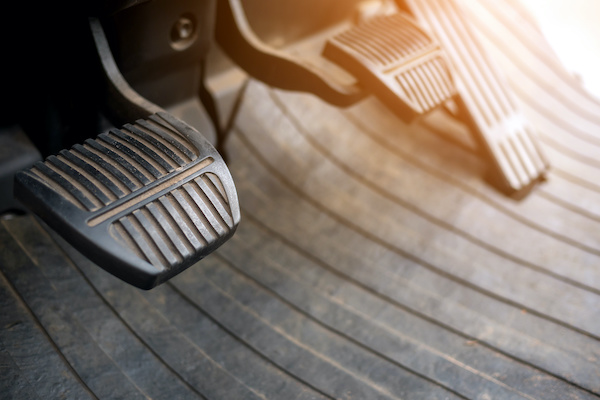
There are a few major reasons that would cause your car to vibrate when the braking system is applied. Most likely, this would have to do with one or a few parts of the braking system itself. That could include the brake pads, brake rotors, brake calipers, or perhaps even simply worn tires. Your vehicle's brake pads are responsible for applying force and friction to the brake rotors in order to slow down and eventually fully stop the spinning of the vehicle's wheels. If your brake pads are worn down, they may squeak, squeal, and eventually cause your vehicle to vibrate as they try to do their job of slowing down your car. Make sure to have your brake pads replaced at the first sign of trouble to keep yourself and your passengers safe. As stated earlier, your vehicle's braking rotors get pressed down by the brake pads to slow down the vehicle. If your braking rotors are either out of balance or have been worn down due to grinding on metal caused by extremely worn down brak ... read more
Posted on 4/26/2021
.jpeg)
The spring season is here and presents excellent weather to enjoy and explore the outdoors. As you plan that road trip you've waited so much to embark on or simply want to drive more often, you need to prepare your vehicle for the spring. That said, take the car to a professional auto care shop for inspections (and repairs) so that it serves you well when driving in the spring weather. Wash Your Car If you haven't driven your car over winter, the chances are that dirt, mineral salts, and winter elements have built upon the body and undercarriage. You need first to take it to a professional car wash to clean the surface and the undercarriage. That prevents corrosion ad dirt build-up. Have the Tires Inspected and Aligned Winter driving harms the wheels and tires. Having them inspected and aligned ensures driving safety. It also prevents uneven wear on tires, extending their functional lifespan. Tire-tread inspection is also critical. They must have enough depth to offer high ... read more
Posted on 3/17/2021
.jpeg)
Buying a car is fun, exciting, and a big responsibility, all in one. With cars come much freedom and independence as well as a healthy dose of hassle. You must carry liability insurance coverage, keep up with tags and registration, and the high cost of gas. Plus, you are expected to have routine maintenance performed at regular intervals, along with factory-recommended maintenance. Every factory has a list of specific guidelines for recommended maintenance and when it should be performed. Oil changes are recommended every 3,000 miles, or once every three months, along with having your filter replaced. At 30,000 miles, it is highly suggested that you go for an engine air filter change, along with getting your tires rotated to prevent too much wear and tear on their tread. There are three good reasons to keep up with factory-recommended maintenance. One is that it can help improve your mileage. This is especially true for oil changes and tire rotations, as both are equally helpful in m ... read more
Posted on 1/21/2021

One of the most important things you can do to prepare for winter driving is to "winterize" your vehicle. This means getting your car ready for braving the elements that can include freezing temperatures, blizzards, sleet, and snow. In this article, we provide a few tips and tricks on winterizing your vehicle and preparing your car to stay safe on the roads this winter. Tip #1. Make sure your heating and defrosting systems are ready to take on colder temperatures. Check the levels for critical fluids like transmission fluid, radiator fluid, antifreeze, to keep your heating system running throughout the winter season. Tip #2. Keep at least a half tank of gas during the winter months. Car repair experts recommend keeping at least a half tank of gas in your car to prevent gas tank-related issues. Tip #3. Reduce your speed limit while driving in the winter months to allow additional stopping time on icy or snow ... read more
Posted on 12/17/2020
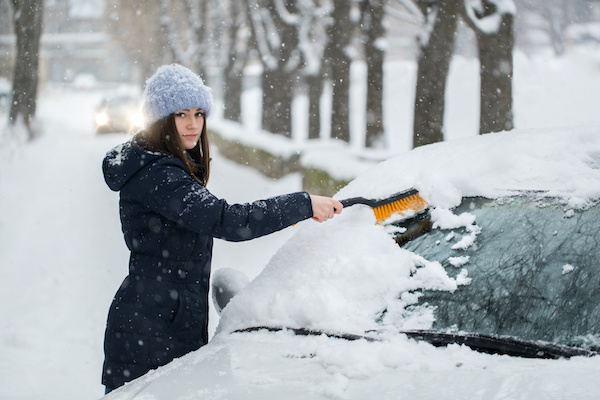
With the onset of snow, ice and sleet that comes as the winter months set in, driving becomes a lot more hazardous. The temperature drops, it might be harder to see and the roads may be slippier than usual so all of a sudden, the chances of being involved in an accident or getting stranded are much higher. You need to be prepared. This guide can be used as a checklist for things to include in your winter emergency car kit to keep you and any passengers safe in these colder months. Prevent Emergency Windshield scraper and de-icer: It's common for ice and snow to accumulate on your car and this can seriously affect your vision. A scraper and de-icer solution will make sure you can always see the road clearly. Jump cables: Car batteries don't like cold. In fact, they lose around 60% of their strength when the temperature drops to 0 degrees Fahrenheit. Sunglasses: While this may seem a strange thing to inc ... read more
Posted on 11/30/2020
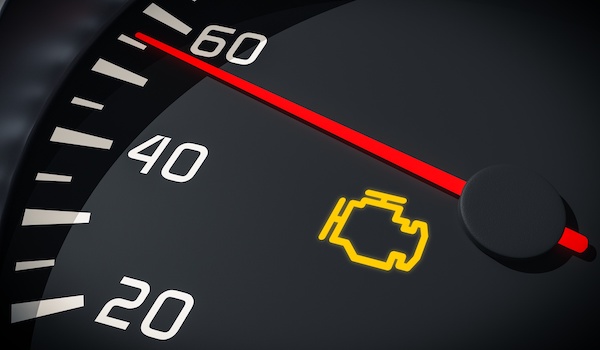
When the check engine light comes on it’s easy to assume the worst. You know something may be wrong under the hood and this can leave you paranoid and anxious. There can be several reasons the check engine light is on. And while it’s tempting to neglect it, it can cause costly repairs in the long run. Identifying the issue is crucial to the health of your vehicle. Below are three common reasons why the check engine light may have come on. Spark Plugs The spark plugs supply the spark that ignites a mini-explosion in the combustion chamber. The spark plugs should be replaced once a year or at least every 10,000 miles. Spark plugs that are worn or damaged will not be able to properly ignite the air/fuel mixture in the cylinders. Neglecting your spark plugs can only snowball into larger problems. Faulty spark plugs can cause a major decrease in performance, poor fuel economy, and even an engine misfire. If the check engine light comes on, try checki ... read more
Posted on 10/30/2020
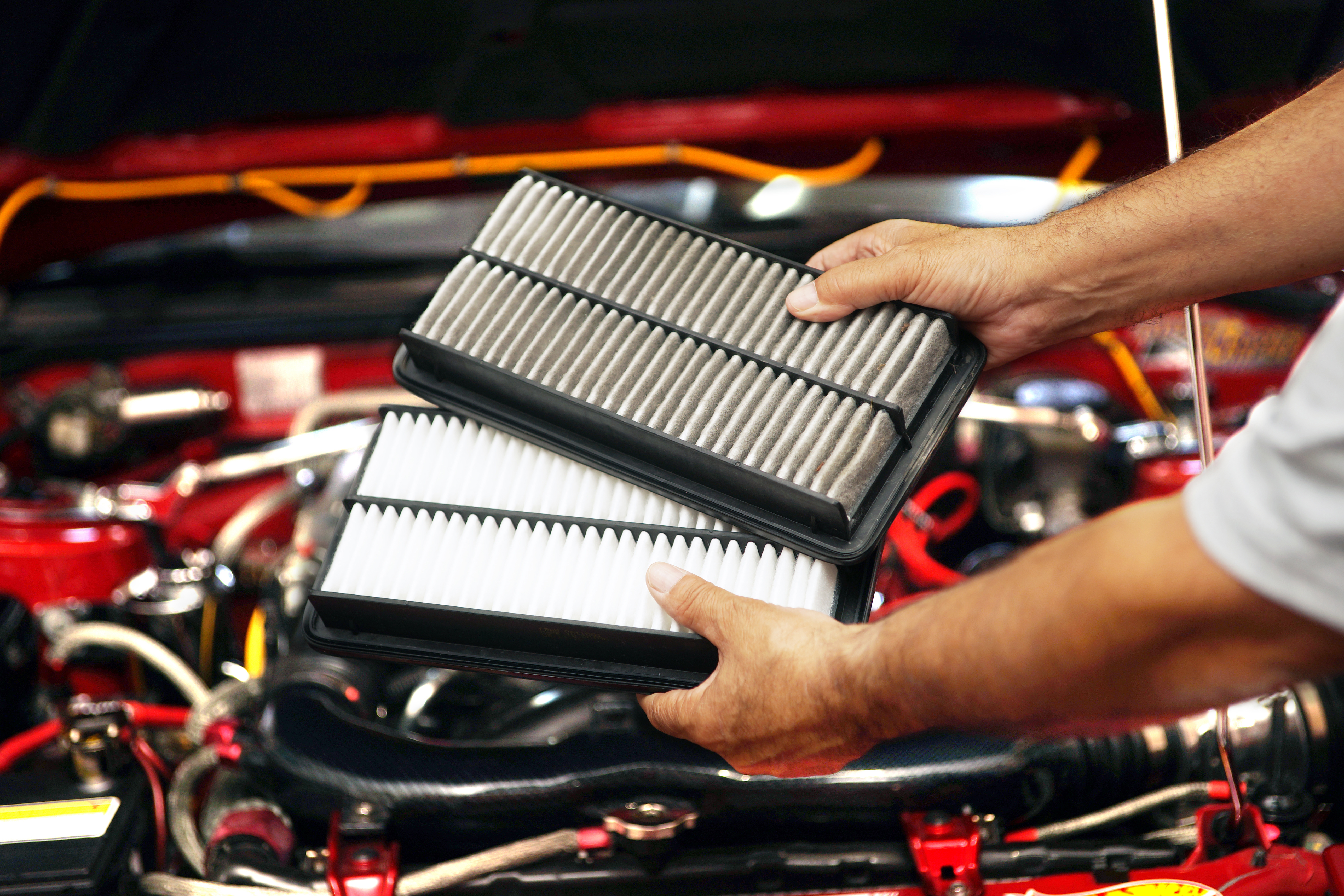
Your vehicle has a filter to keep dust and debris from entering your engine. When the filter is clean, the engine gets an efficient amount of air needed to operate. A dirty filter can cause a decrease in performance. You may notice your vehicle has less power and struggles to accelerate. Engine filters typically need to be replaced every 12,000 to 15,000 miles or about once a month. Some drivers may need to replace their engine filters sooner if they're in dusty rural areas. Below are three telltale signs that the engine filter is clogged. The filter is dirty. If you don't have time to have a professional check the filter, check your vehicle's owner's manual for your specific engine filter's exact location. Give the engine filter a visual inspection. A clean filter should be white and free of pollutants. Ov ... read more
Posted on 9/14/2020
.jpg)
Aside from being the proverbial life blood of your engine, there is more to an oil change than just oil. Oil changes done by certified automotive technicians are accompanied by a vehicle inspection. Periodic vehicle inspections keep minor problems from becoming major disasters. When you go to the gas station, how many people do you see with the hood up? Back in the day, people pulling up to a service station to get fuel would be bombarded with a small army of attendants checking oil, transmission fluid, air pressure in tire, coolant level etc. In todays instant gratification powered world, no one is taking the time to look at any of the critical components that need to be checked on a regular basis. Fast is not always the right answer. I am not trying to pick on quickie oil change places, but how much really gets checked in ten minutes? A good oil change should take about 45 minutes. All the systems of the car should be looked over and all fluids should be ... read more